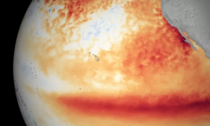
Our overheating world is likely to break a key temperature limit for the first time over the next few years, scientists predict. Researchers say there’s now a 66% chance we will pass the 1.5C global warming threshold between now and 2027. The chances are rising due to emissions from human activities plus the El Niño weather event expected this summer. If the world passes the limit, scientists stress the breach, while worrying, will likely be temporary.
Hitting the threshold would mean the world is 1.5C warmer than it was during the second half of the 19th Century, before fossil fuel emissions from industrialisation really began to ramp up.
The 1.5C figure has become a symbol of global climate change negotiations...
Read More

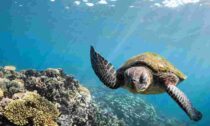



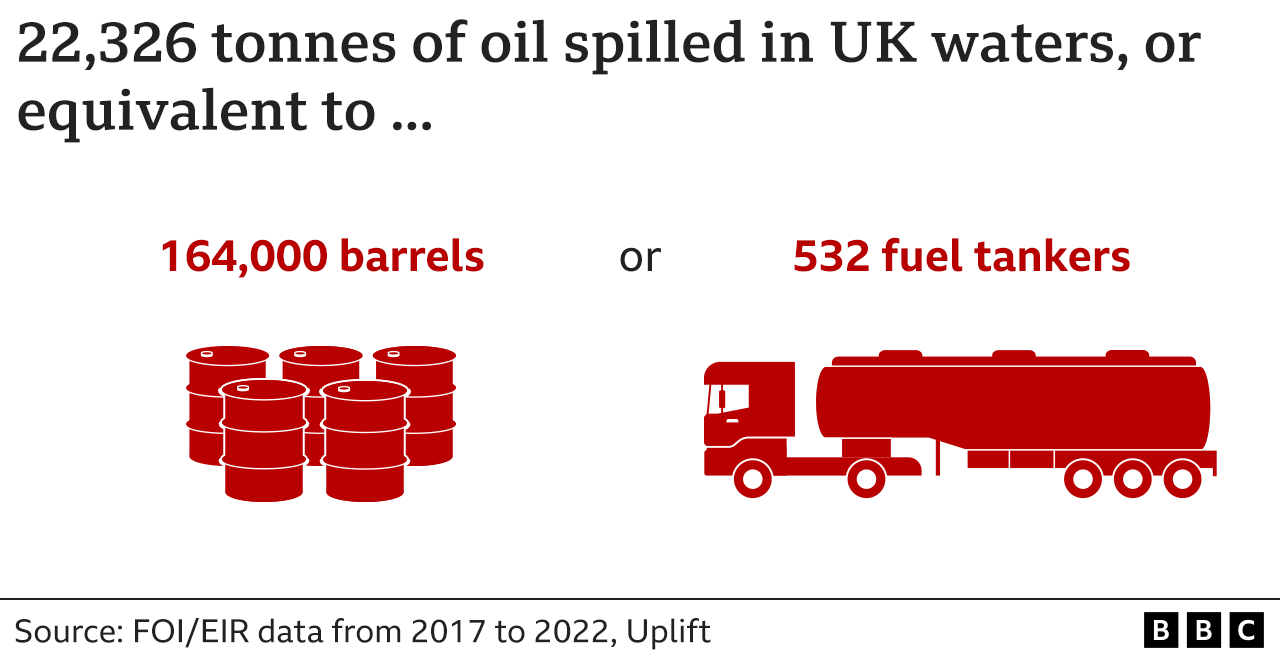


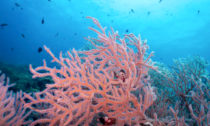


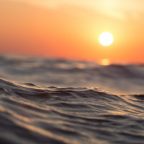


Social Profiles